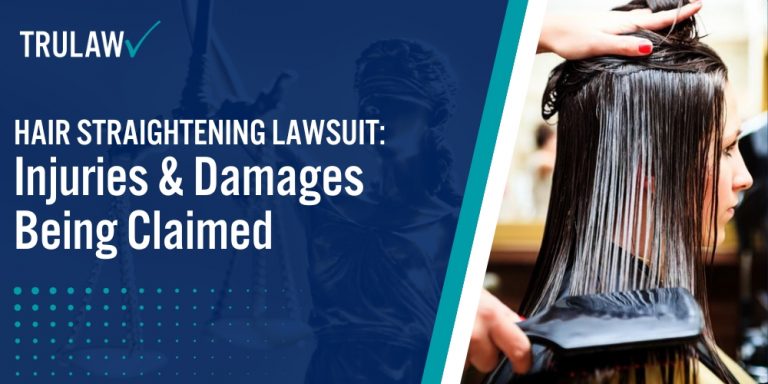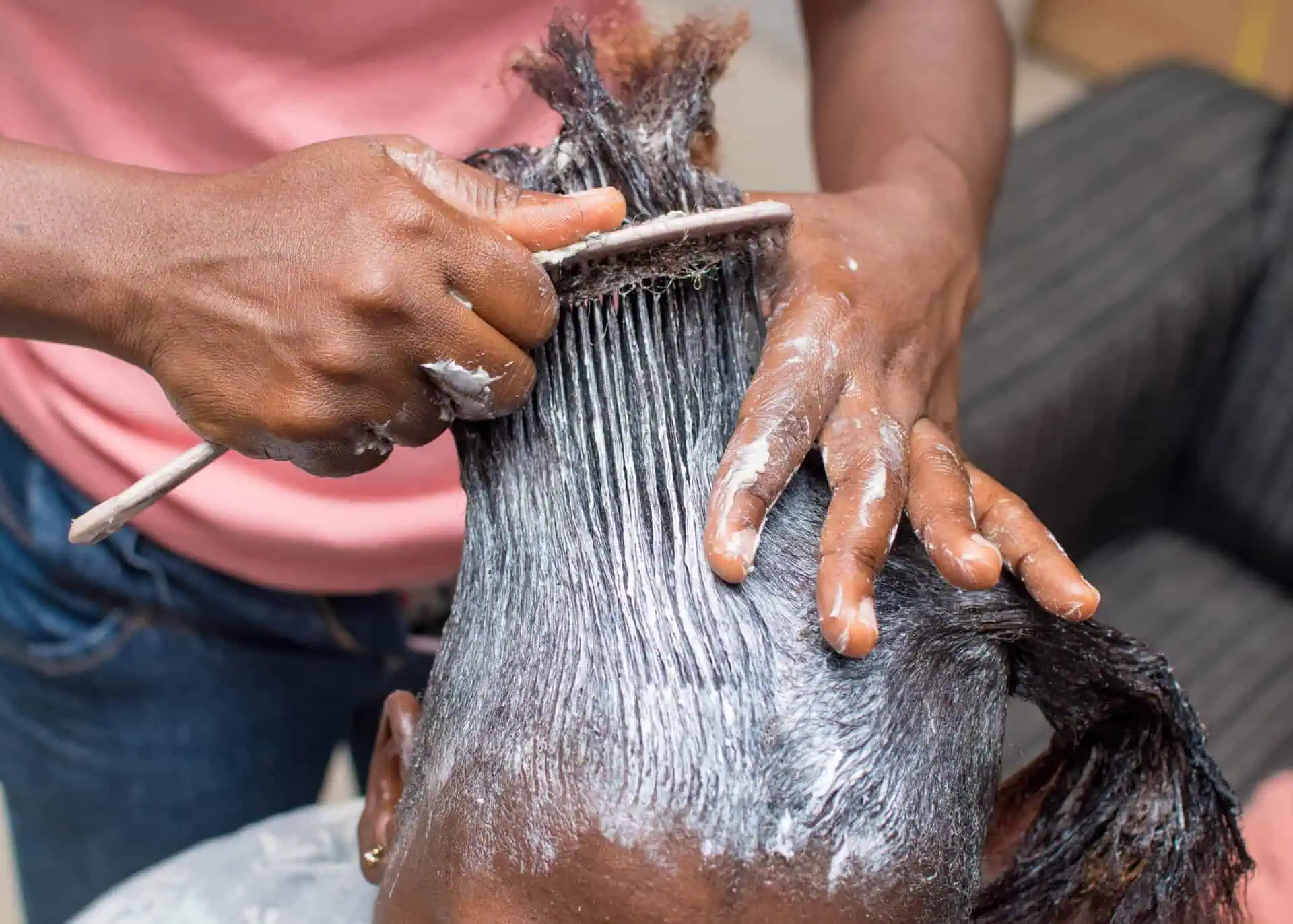Studies have shown alarming racial disparities in uterine cancer risk linked to chemical hair straightening products, with Black women who frequently use such hair relaxers having an increased likelihood of developing uterine cancer.
Explanation of the Disparities: Black Women and Hair Products
Black women disproportionately use hair straightening products, creating a significant disparity.
This demographic frequently uses chemical relaxers and straighteners that carry potential health risks.
Disconcertingly, recent studies show a direct correlation between these hair care practices and increased rates of uterine cancer amongst Black women.
As such, thousands have mounted legal action against manufacturers of these harmful beauty products, asserting their contribution to elevated uterine cancer risk.
Peer-reviewed research now provides the first epidemiologic evidence affirming this association, underscoring the urgent need for regulatory reform in the hair product industry to ensure safety for all users.
Breast Cancer Risk and Developing Uterine Cancer
Studies have shown alarming racial disparities when it comes to the risk of developing uterine cancer and breast cancer associated with the use of chemical hair straighteners.
Specifically, some research suggests that Black women, a demographic known for extensive use of hair relaxers and straightening products, face a higher risk.
This data is drawn from multiple studies, including a pivotal research effort from the National Institutes of Health (NIH) that found a possible link between the use of hair straightening chemicals and a higher risk of uterine cancer.
The disparity in risks underlines the urgent need for more research and proactive measures to address this public health issue.
Addressing the Disparities: Hair Straightening Lawsuit
Disparities in the hair care product industry occur when certain consumer groups are disproportionately affected.
High-profile legal fights, like recent hair relaxer litigations, have drawn attention to such disparities, particularly those impacting Black women.
Lawsuits filed against major cosmetic companies claim that their hair straightening products, commonly used by this demographic, play a role in alarmingly high rates of uterine and ovarian cancers.
Legal actions initiated by those affected serve as essential steps toward addressing these disparities.
These lawsuits can bring about corporate accountability and foster changes in regulations around chemical hair relaxers.
This has been demonstrated recently with several successful class-action suits which resulted in significant compensation for communities impacted disproportionately by harmful beauty practices.
The hope is that these legal victories will prompt safer practices within the cosmetics industry and mitigate health risks associated with chemical-based products.


